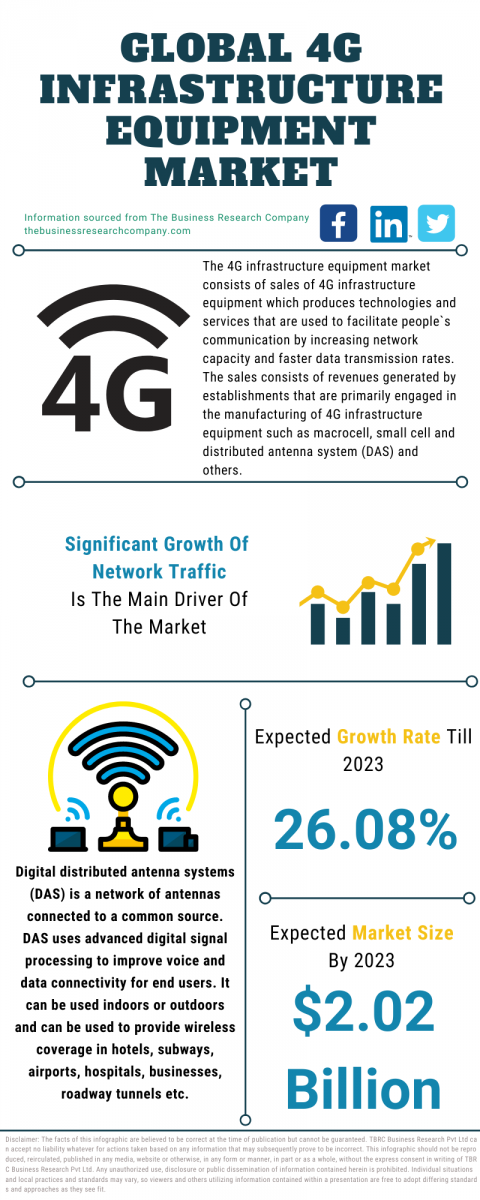Satellite with Portsmouth-built payload set for launch at Nasa’s Kennedy Space Center
The Faraday Phoneix satellite, funded by £ 4.9 million from the UK Space Agency, was operated by Airbus in the city and led by space missions in Alton.
It will be put into operation at NASA’s Kennedy Space Center in Florida in a four-hour window starting at 8 p.m. on Friday.
Doug Liddle, CEO of In-Space Missions, said: “The team here at In-Space is incredibly proud to be launching our highly capable and innovative satellite, which came together in less than a year.
“We are especially excited to fly Falcon 9 from Cape Canaveral – a place with such an amazing history. See the article : ‘If not part of the network, you don’t exist’.”
Among the six payloads of the satellite will be one from Airbus.
This is Airbus Prometheus 1, built in Portsmouth, and will be able to study the use of radio spectrum around the world from orbit, detect radar tracking of the Faraday Phoenix satellite and potentially identify and locate search and rescue beacons.
Another payload will be from Lacuna Space, which is developing a service for the so-called Internet of Things – connected devices – to work in rural areas.
The company – which has earned £ 800,000 in funding from the UK Space Agency – uses sensors that can monitor the environment, monitor wildlife and help farmers by providing data on bovine and crop health and on the management of waters and soils.
Read more
Read more
Severely disabled pensioner Stubington left “devastated” and limited to a flat …
Its sensors can fit in the palm of your hand and work for a year with a single battery charge. On the same subject : Man-portable Communication Systems Market Revenue & Regional Analysis Forecast to 2027.
CEO Rob Spuret said: “Like the early days of the Internet, when it was hard to imagine the impact of us all connecting, there seems to be an endless world of possibilities from now on, connecting physical objects or things.
“There are many possible ways to do this in cities, but our service ensures that Britain’s countryside and even the most remote places in the world are part of this data revolution.”
The mission will also manage the In-Space Babel payload as the first incarnation of a future digitally offered payload under the Faraday service. This first version is high-speed, broadband software, defined with the ability to upload and practice a number of different applications – from tracking ship radars to creating heat maps for 4G mobile use.






Comments are closed.